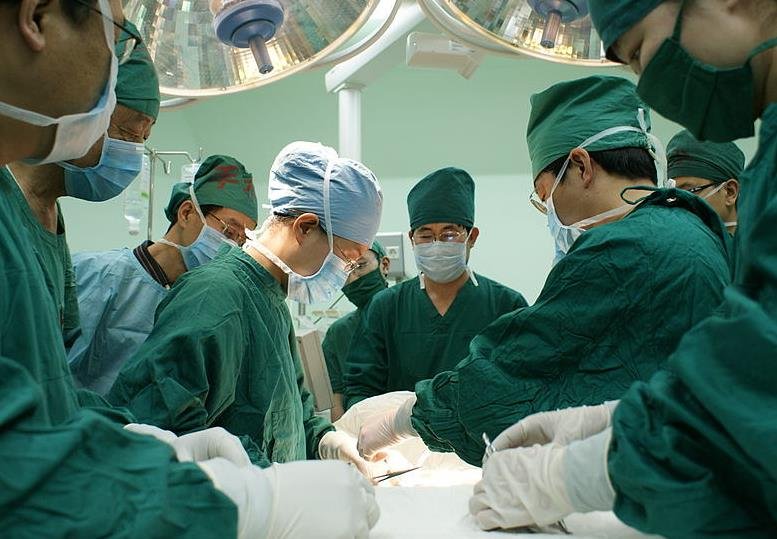For decades, scientists have been on a quest for the “holy grail” of transplant medicine: a way to prevent the body from rejecting a new organ without relying on immune-weakening drugs. Now, promising results from a new therapy offer hope for millions of patients.
Researchers have developed a groundbreaking technique that involves transplant patients receiving a pioneering therapy made from specific cells involved in the body’s immune system. By using both the organ and cells from the same donor, the patients’ immune systems appear less likely to reject the new organ. This breakthrough could revolutionize organ transplantation and improve outcomes for recipients.

The Challenge of Rejection
Organ rejection remains a significant challenge in transplantation. Despite advances in immunosuppression drugs and protocols, acute and chronic dysfunctions still occur. Finding a solution that balances immune response and organ acceptance has been elusive—until now.
A New Hope
The recent trial results provide a glimmer of hope. Patients who received this innovative therapy showed improved tolerance to transplanted organs, reducing the risk of rejection. While further research is needed, these findings represent a significant step toward achieving the “holy grail” of transplant medicine.
















